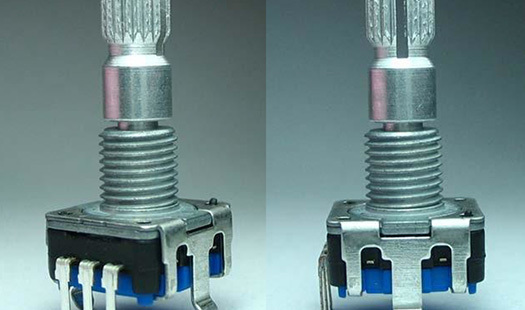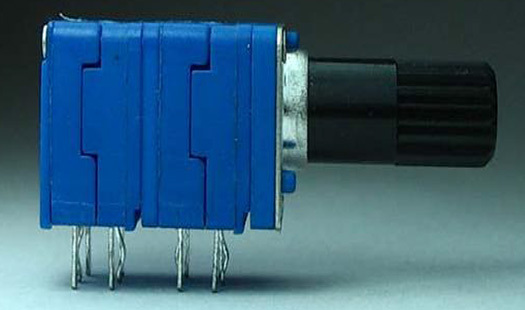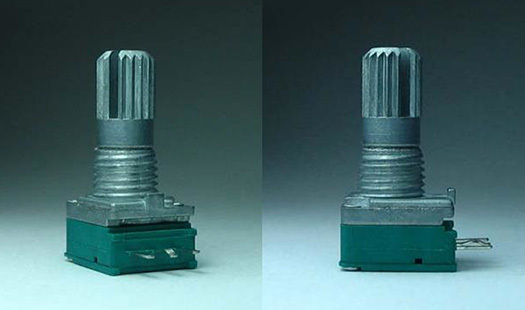Demystifying the Rotary Potentiometer: Your FAQs Answered!
Apr 15,2025
Understanding the Rotary Potentiometer
If you've ever fiddled with a volume knob or adjusted the brightness on a dimmer switch, you've likely encountered a rotary potentiometer without even knowing it! This nifty little device plays a crucial role in countless electronic applications. But what exactly is it? And why does it matter? Let’s dive in and explore!
What is a Rotary Potentiometer?
A rotary potentiometer is essentially a type of variable resistor. It consists of three terminals: two fixed terminals and one movable terminal. As you turn the knob, the position of this movable terminal changes, altering the resistance and, consequently, the current flow. It's like giving your electrical circuit a little twist!
How Does It Work?
Picture this: You’re at a concert, and the sound engineer is fine-tuning the volume. That’s the rotary potentiometer in action! When you rotate the knob, you’re effectively changing the resistance in the circuit, which adjusts the output signal to the speakers. Simple, right? It’s one of those elegant solutions to a complex problem.
Types of Rotary Potentiometers
Now, not all rotary potentiometers are created equal! There are various types, each suited for specific applications:
- Linear Potentiometers: These provide a linear change in resistance relative to the position of the knob.
- Logarithmic Potentiometers: Commonly used in audio equipment, these adjust resistance more gradually at lower levels.
- Digital Potentiometers: These are controlled by digital signals, offering precise adjustments.
Common Questions About Rotary Potentiometers
Curious minds want to know! Here are some frequent questions folks have about rotary potentiometers:
1. Are rotary potentiometers durable?
In general, yes! Most rotary potentiometers are designed to withstand numerous rotations and environmental conditions. However, like anything, their lifespan will largely depend on usage and the quality of materials. So, treat them right, and they’ll serve you well!
2. Can I use them in any electronic project?
Absolutely! Whether you're building a DIY audio amplifier, a lighting control system, or even a simple robot, a rotary potentiometer can be a great addition. Just make sure it’s the right type for your application!
3. How do I choose the right potentiometer?
Choosing the right rotary potentiometer involves considering a few key factors: resistance value, tolerance, and physical size. Think about what you need it for and select accordingly. Not all heroes wear capes; some just turn knobs!
Troubleshooting Rotary Potentiometers
Even the best of us run into hiccups from time to time. Here are some common issues you might face:
- Sticking Knob: If your knob feels sticky, there might be dirt or grime interfering. A little cleaning can go a long way!
- Inconsistent Resistance: This could indicate a faulty potentiometer. It may be time for a replacement.
- No Response: If turning the knob yields no change, check your connections and ensure everything is wired correctly.
Final Thoughts
A rotary potentiometer is an unsung hero in the world of electronics. It's a simple yet effective tool that can enhance your projects in myriad ways. Whether you're a seasoned engineer or a hobbyist just starting, understanding how to utilize these devices can open up a world of possibilities. So, get out there and start twisting those knobs!
More Information
More Information
RECOMMENDED










